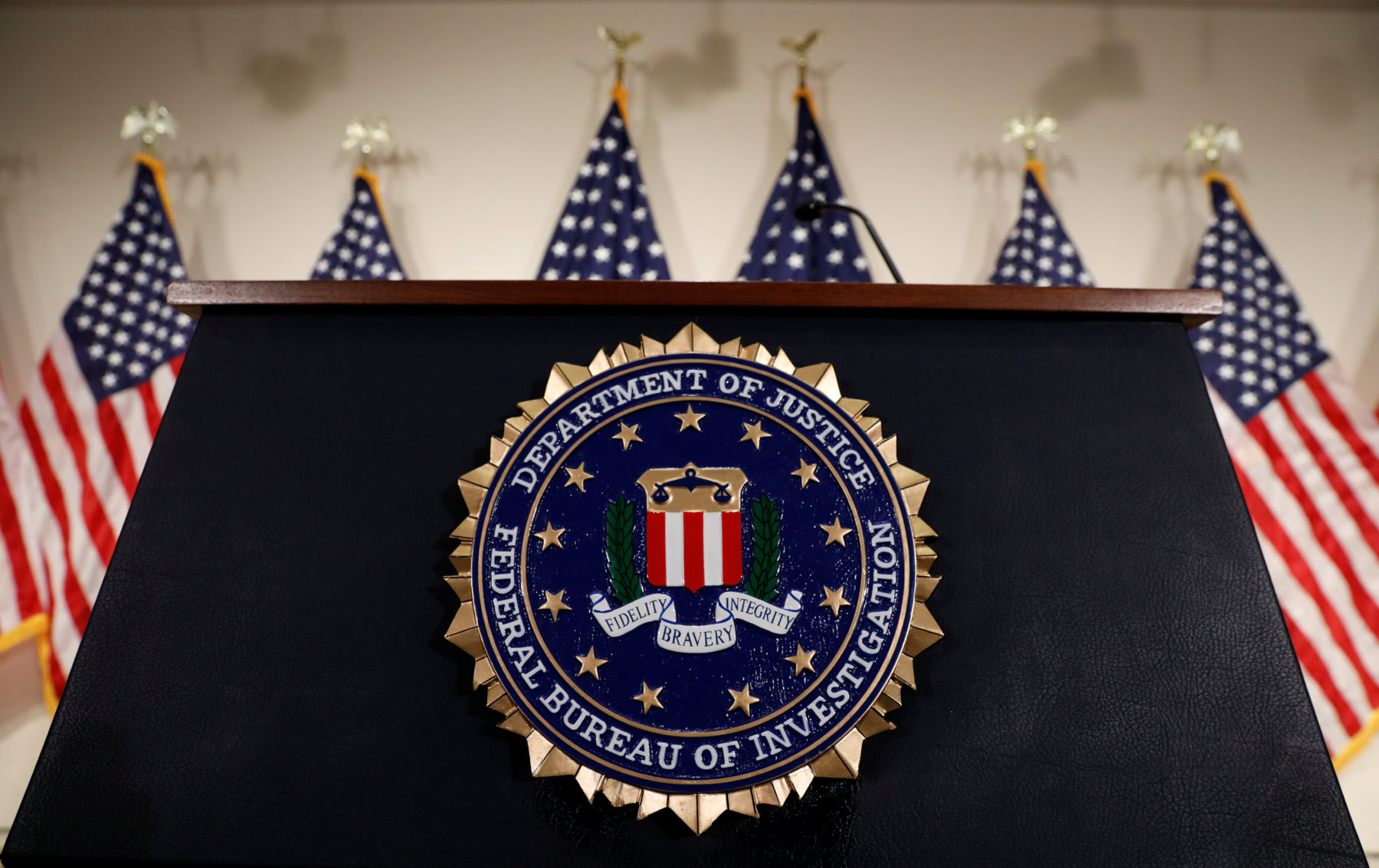National political correspondent Susan Crabtree joined Dan Proft and Amy Jacobson to analyze the latest bombshells coming from inside the FBI, Capitol Hill, and the West Wing. Crabtree, known for her deep investigative reporting and sharp insight, walked through a string of explosive stories—from new evidence in the Fauci probe to destroyed cocaine in the White House—and explained how these scandals are likely to play out politically.
The interview began with a focus on recent claims from former intelligence official Cash Patel, who said he uncovered hidden rooms of documents at the FBI’s headquarters that were previously concealed by James Comey and others during the Russia investigation. Among the revelations: Bruce Ohr’s wife, Nellie Ohr, who denied under oath any coordination with her husband on the Steele Dossier, was in fact sending thumb drives filled with Trump-Russia data directly to him. The problem, Crabtree noted, is that the statute of limitations has now expired, leaving little room for legal consequences.
Crabtree emphasized that many in the press knew or suspected at the time that Nellie Ohr was not being truthful, but there was little appetite among prosecutors to pursue it. That’s changing, at least in terms of transparency. “There’s a new sheriff in town,” Crabtree said, referring to Patel and others now working to uncover long-buried records and release them to Congress and the public.
The conversation turned to a related set of revelations involving Dr. Anthony Fauci. Patel claimed that investigators have recently obtained a long-sought phone used by Fauci during the early stages of the COVID-19 pandemic. Whether the device contains usable or damning data remains to be seen, but it marks a key development in multiple congressional investigations into Fauci’s handling of pandemic guidance and the origins of the virus.
Shifting gears, Crabtree discussed her own reporting on the infamous White House cocaine case from 2023. Her review of FOIA documents revealed that the baggie of cocaine discovered in a West Wing vestibule was destroyed just one day after the case was abruptly closed. Despite evidence handling protocols requiring years-long retention, the bag was handed over for destruction, bypassing internal dissent within the Secret Service. Chain-of-custody documents showed it was passed between multiple agencies, yet no final destruction date or responsible party was ever confirmed.
Even more troubling: the FBI extracted DNA from the bag and placed it in vials for future testing, but claimed there was “insufficient” DNA to match with suspects. Crabtree said outside forensic experts disagree with that conclusion and suggested the only way to verify the claim would be to re-test the original bag—except it no longer exists. “It’s a classic Washington cover-up,” she said, “whether the bag had someone’s name written on it or not.”
Crabtree also took aim at California Governor Gavin Newsom, who has tried to blame Donald Trump for the chaos erupting in Los Angeles after federal immigration enforcement operations reignited protests. Trump’s team, through Operation Guardian Angel, had found a workaround to sanctuary city restrictions by recharging deported immigrants who illegally re-entered the country with federal felonies. That allowed ICE to act on federal warrants rather than relying on uncooperative local law enforcement.
The result was backlash, property destruction, and accusations from Newsom that the federal government was “manufacturing chaos.” Crabtree dismissed the charge, pointing to a long history of violent public unrest in California that predates Trump’s actions. Recent events—including Molotov cocktails thrown at police, public transit vandalism, and firebombed vehicles—highlight a broader failure of local governance, she argued.
She also criticized California’s sanctuary city policies for contributing to the fentanyl crisis and the unchecked presence of criminal networks. Despite political rhetoric about compassion and inclusion, the practical effect has been a collapse in deterrence and spiraling public safety issues.
Crabtree closed by referencing her book, Fool’s Gold, which chronicles how progressive mismanagement and activist politics derailed California’s promise. As she sees it, the current wave of scandals—from federal misdeeds to local dysfunction—show just how fragile political institutions become when transparency is lost and accountability is optional.
With a cascade of stories from Washington to Sacramento, Crabtree’s appearance offered a sobering reminder: beneath the noise, a reckoning may finally be coming—but it’s years overdue.





